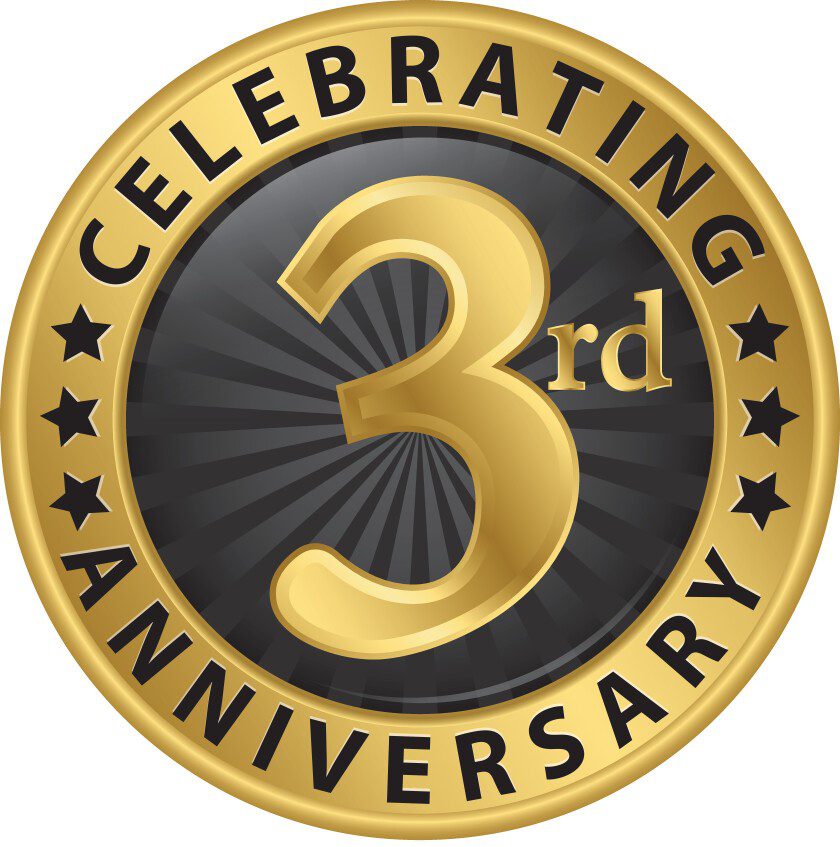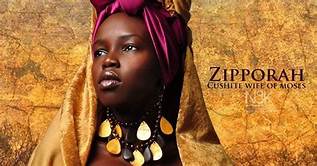(See Genesis 17:7-14, 25:1-4; Exodus 2:15-22; 3:1; 4:18-31; 18:1-27; Acts 7:27-29; Numbers 12)
Zipporah held the grayish flint blade tightly in her shaking right hand as she stared lovingly at her sleeping young son, Gershom. She was afraid. She was no doctor. Yet, she needed to act quickly to remove the foreskin that covered the top of the penis of her oldest son.
Circumcision. That was the word used to describe the surgical procedure. Zipporah knew little about the “everlasting covenant” God had made with Abraham, the progenitor of the Jewish nation. The word circumcision infused the Abrahamic covenant that separated the Israelites from other nations, identifying them as belonging to God.

She was a Midianite, part of a semi-nomadic people who were descended from Abraham, yet she didn’t understand that the covenant with which God had promised Abraham heirs property, power, and wealth required all males to be circumcised eight days after birth. The Jews called it a brit milah.
All Zipporah knew was that she and her boys, Gershom and Eliezer, had courageously joined Moses in a risky journey to Egypt where the Jews were enslaved. The family stopped for the night somewhere along the road and that was when Moses suffered an illness or seizure.
Instinctively, four things became evident to Zipporah, who was fiercely devoted to her husband:
- Moses had ignored giving their sons a brit milah.
- Gershom was much older than God’s set age for circumcision.
- God was angry.
- God wanted to kill her husband.
When Zipporah realized that Moses was being punished for not circumcising their son, she sprang into action. She took the razor-sharp flint stone and severed her son’s foreskin.
Zipporah knew she was as much to blame for Moses’ neglect. In fact, she may have discouraged the practice in her own way. Still, she was angry and flung the foreskin at “his feet,” and said in Exodus 4:25 KJV, “‘Surely a bloody husband art thou to me.’”
With this, the threat over Moses’ life ended.
Again, she said in Exodus 4:26, “‘A bloody husband thou art, because of the circumcision.’”
For whatever reason, God did not require circumcision of Eliezer, the youngest. The point had been made: Moses must follow God’s laws to lead the Jewish nation and God must be feared more than Pharaoh.
This bizarre incident marked a crossroad for Moses who, at the time, knew little about Jewish practices. Afterall, he was raised in Pharaoh’s palace the first 40 years of his life and had spent the past 40 years among the Midianites, who occupied desert areas in southern Transjordan, northern Arabia, and the Sinai.

The journey to Egypt that Moses and his family was taking had been prompted by a recent miraculous incident. Moses was tending his father-in-law’s flock on the backside of the desert when he reached the mountains of Horeb and saw a burning bush that was not destroyed by the flames. At this spot, God called Moses to redeem the Jewish people by first pestering Pharaoh.
The health crisis was over for Moses. Zipporah was the heroine. She contentedly resumed her wifely and motherly duties.
Reminiscing, she vividly recalled the first day she saw a 40-year-old Moses sitting beside a well in the Midianite territory. Wells were the center of social life in the ancient Middle East. She learned later that he was on the run from Pharaoh who found out he had killed an Egyptian for mistreating a Jewish slave. He also had a speech impediment.
On the day they met, Zipporah and her six sisters had come to draw water and fill the water troughs for their father’s flocks. As female shepherds, they were chased away by bullying male shepherds.
“So Moses jumped up and rescued the girls from the shepherds. Then he drew water for their flocks,” Exodus 2:17 NLT.
When Zipporah and her sisters returned earlier than usual to their father, he urged them to offer Moses hospitality as a thanks for his chivalrous act. Their father, called Jethro or Reuel, was a Midian priest.
“Moses accepted the invitation, and he settled there with him. In time, Reuel gave Moses his daughter Zipporah to be his wife,” Exodus 2:21NLT.
Jethro mentored Moses and put him in charge of caring for his flocks.
Zipporah means “bird” in Hebrew. She was admired for her loveliness, just as a bird is admired for its beauty. She was famous for her fine character, wisdom, and kindness. Her dark skin led many to call her a Cushite or Ethiopian woman. Another spelling is Tzipora.
Moses named his first son Gershom, meaning “I have been a foreigner in a foreign land.” For Eliezer, Moses said “The God of my ancestors was my helper; he rescued me from the sword of Pharaoh.”
In continuing the journey to Egypt, the now 80-year-old Moses and his family were met by Aaron, Moses’ brother. In the earlier burning bush encounter, Moses had negotiated with God to allow Aaron to be his spokesman because he was ashamed of his speech impediment. With Aaron on the scene, Zipporah was smacked with her brother-in-law’s displeasure and advice to Moses that he send his family back to Midian for safety. Afterall, no one knew what the meeting with Pharaoh would bring.
Zipporah did not see Moses for more than a year. Jethro didn’t learn of Moses’ whereabouts until after the Israelites escaped Egypt, walked through the parting Red Sea, and had camped in the wilderness. When Jethro finally brought Zipporah and the boys to the encampment, he told Moses that he had “heard about everything God had done for Moses and his people, the Israelites. He heard especially about how the Lord had rescued them from Egypt,” Exodus 18:1.
Zipporah saw that Moses was now different from the unknown rebel who stuttered 40 years ago. Now, he was the leader of the Jewish nation.
SOURCES:
Ashby, Godfrey. “The Bloody Bridegroom: The Interpretation of Exodus 4:24-26.” Expository Times 106 (1995): 203-205.
Aubry, A. Zipporah: Fulfilling her Purpose. Women of the Bible for Women of Color. Urban Spirit LLC (2021): (40-43).
Avtzon, Levi. The Untold Story of Zipporah, Wife of Moses. Chabad.org
Compellingtruth.org
Frymer-Kensky, Tikva. Zipporah: Bible. Jewish Women’s Archive.
Hebrew.com
Mindel, Nissan. Tzipporah: The Wonderful Staff. Kehot Publication Society.
Posner, Menachem. What Happened to Moses’ Descendants? Ask the Rabbi@The Judaism Website – Chabad.org
Wearehebrew.com
Womeninthebible.net




2 thoughts on “Zipporah acts courageously to save her husband Moses”
I am reading about information that I have not heard before. It all adds up to very interesting reading and the need for me to research more as I read the Bible and commentaries.
I have learned more in reading the stories from the Bible here than I have in a long time. I love the way they are presented and the new information presented (at least new for me). Keep them coming. B. Hundley